
OR
Editorial
Survival of the Richest!
Published On: January 23, 2023 08:11 AM NPT By: Republica | @RepublicaNepal
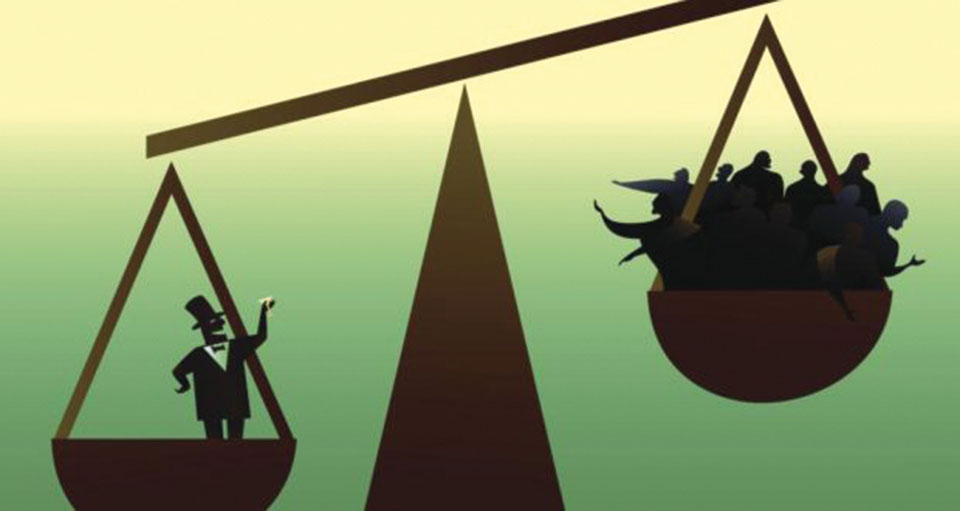
According to Darwin’s theory of natural selection, the animals and plants that are better-suited to the environment they exist in and can adapt to any change in it better will continue to exist. This theory which is summarized into the famous phrase “survival of the fittest '' is still relevant and significant. Needless to say, this theory is quite helpful in understanding the continuous evolution in all species of life. However, this natural theory of evolution is equally relevant in and applies to social and economic aspects of life. Western philosophers, especially those after the 1870, started applying naturalist Charles Darwin’s theories of ‘natural selection’ and ‘survival of the fittest’ to sociology, economics and even politics – something that later developed as ‘Social Darwinism’, a concept which finds relevance even in today’s world. However, on January 15, the opening day of the World Economic Forum Annual Meeting that concluded in Davos, Switzerland on January 20, the INGO Oxfam released a report titled ‘Survival of the Richest’! The report reveals some stark findings which prove that the gap between the rich and the poor is indeed widening. According to the report, “since 2020, the world’s richest one percent people have captured almost two-thirds of all new wealth – six times more than 7 billion people that make up the bottom 90 percent of humanity. Billionaire fortunes are increasing by $2.7 billion a day, even as inflation outpaces the wages of at least 1.7 billion workers.
According to the report, this insane economic inequality thrives in neighboring India as well where, from 2012 to 2021, as much as 40 percent of the wealth created in India has gone to just one percent of the population and only a mere three percent of the wealth has gone to the bottom 50 percent. Similarly, the total number of billionaires in India increased from 102 in 2020 to 166 in 2022, and the combined wealth of India’s 100 richest persons has touched $660 billion. The report also says that there are about 230 million people living below the poverty line. These Indians are having a hard time even in meeting their basic needs for survival. Saying that Dalits, indigenous people, Muslims, women and workers involved in the informal sector face severe economic hardships and are especially affected by the economic inequality, the report concludes that the economic system in India enables only the rich to survive. To address this problem, the Oxfam report stresses levying progressive taxes on the rich. The report concludes that even if a two percent extra tax is imposed on the billionaires in India, the money raised in that way would ensure continuous help to the malnourished population in the country for three years! This would also help address the current economic inequality in India and strengthen democracy, according to the Oxfam report.
Oxfam’s report is useful and relevant for Nepal as well. In Nepal too, economic inequality has been on the rise in recent years. The rich are becoming richer while the poor are facing hardships even in making their ends meet. As the world is seemingly headed toward an economic recession, thanks to the ongoing Russia-Ukraine war and global energy crisis, the livelihoods of the poor Nepalis are at risk. The prices of even daily essentials have skyrocketed due to the rising inflation. This has hit the low- and middle-income Nepalis the hardest. These are the people who have been affected the most as the world tries to recover from the economic impacts of the Covid-19 pandemic. Nepal needs to introduce special plans aimed at helping the at-risk population such as the poor and destitute people, Dalits, indigenous people, Muslims, Madheshis, women and informal sector workers. As the political and economic systems adopted by both India and Nepal are almost the same, the suggestions made by Oxfam to the Indian government apply to Nepal as well. As mentioned in the report, the economic systems similar to the one adopted by India enable only the rich to survive. This further widens the gap between the rich and the poor. The newly-formed government in Nepal needs to pay attention to these issues. Constitutionally, Nepal has started a journey toward socialism which cannot be completed in practice without uplifting everyone below the poverty line. Let’s hope the government tries to do the same without being guided by the notion of the “survival of the richest.” Let’s hope it cares about the “survival of the poorest” as well.
You May Like This

ISPs must settle tax liabilities, ensure uninterrupted internet services
It is absolutely unacceptable for the subscribers to bear the brunt of the failure of ISPs to settle their tax... Read More...
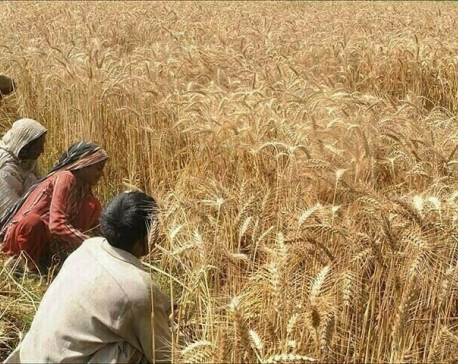
Wheat protests
The crackdown on farmers protesting in Lahore and several other cities against the government’s ‘flawed’ wheat procurement policy and delays... Read More...
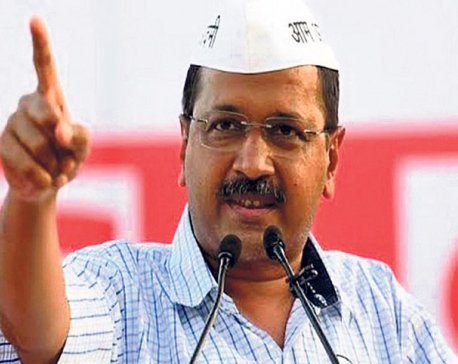
Poll time, prison time: On the continued incarceration of the Delhi Chief Minister
The continued incarceration of Delhi Chief Minister Arvind Kejriwal in the midst of a general election highlights the hard political... Read More...
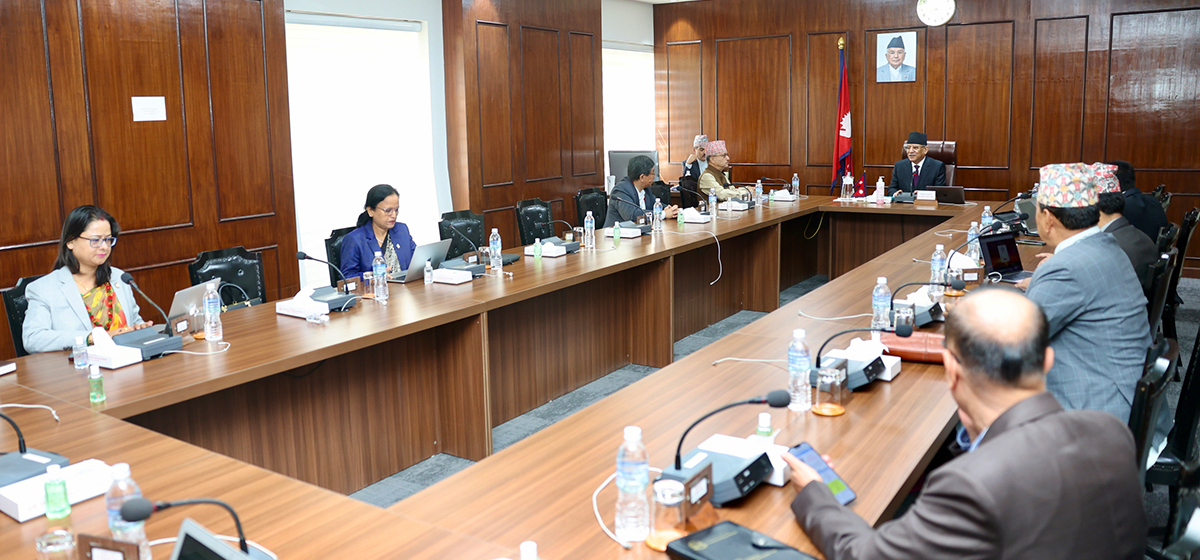




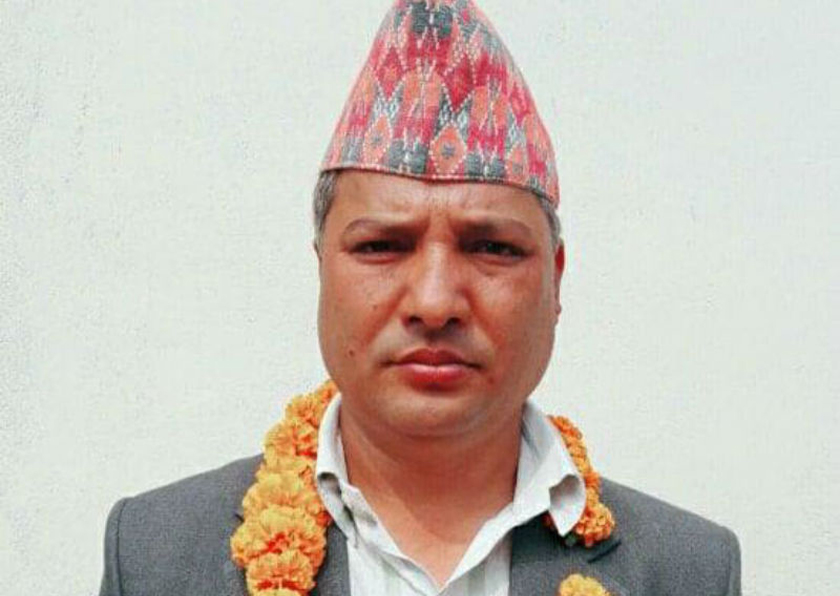
Just In
- Stock Analytics Software ‘gaining popularity’ in Nepal
- Health Ministry warns of action against health facilities running illegally
- NEPSE added 33.03 points, while investors gained Rs 52 billion from shares trading last week
- Five-match T20 series: Nepal secures victory over visiting team in final match
- Govt to take concessional loan of Rs 13.33 from World Bank
- Fire damages property worth over Rs 460 million in Madhesh Province
- Vote of confidence of Sudurpaschim CM becomes uncertain as UML leaders arrives in Kathmandu
- West Indies 'A' set a target of 173 runs against Nepal






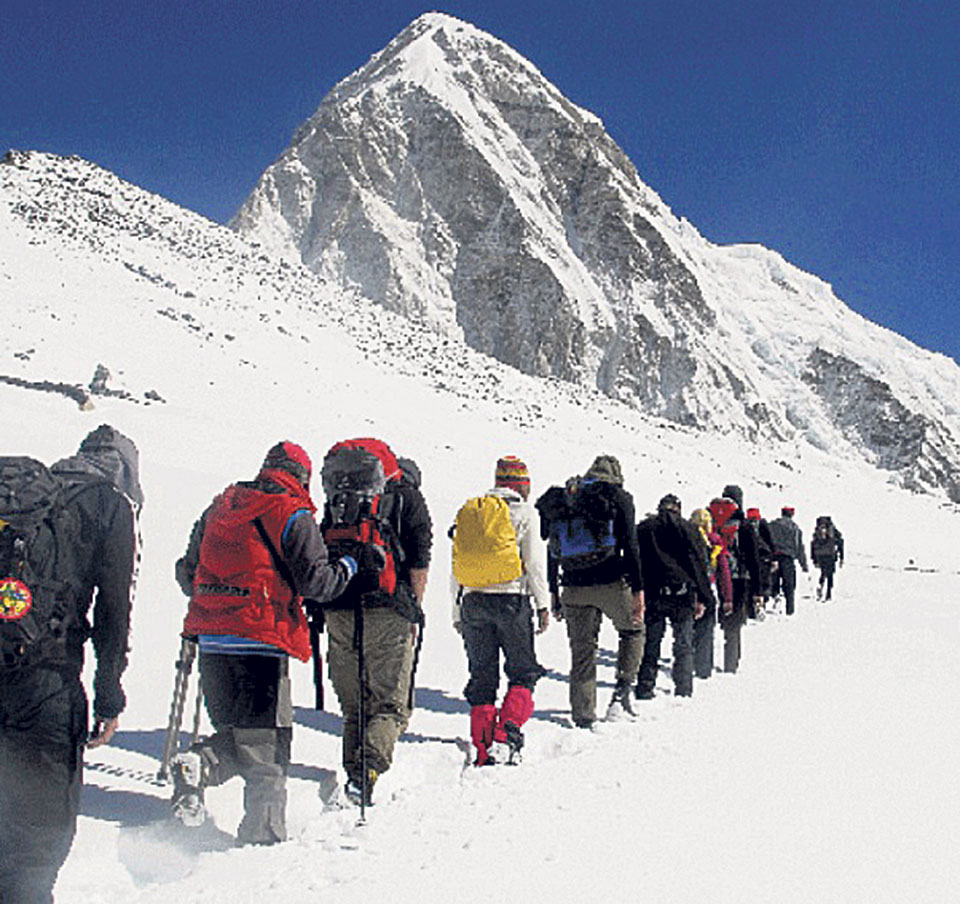
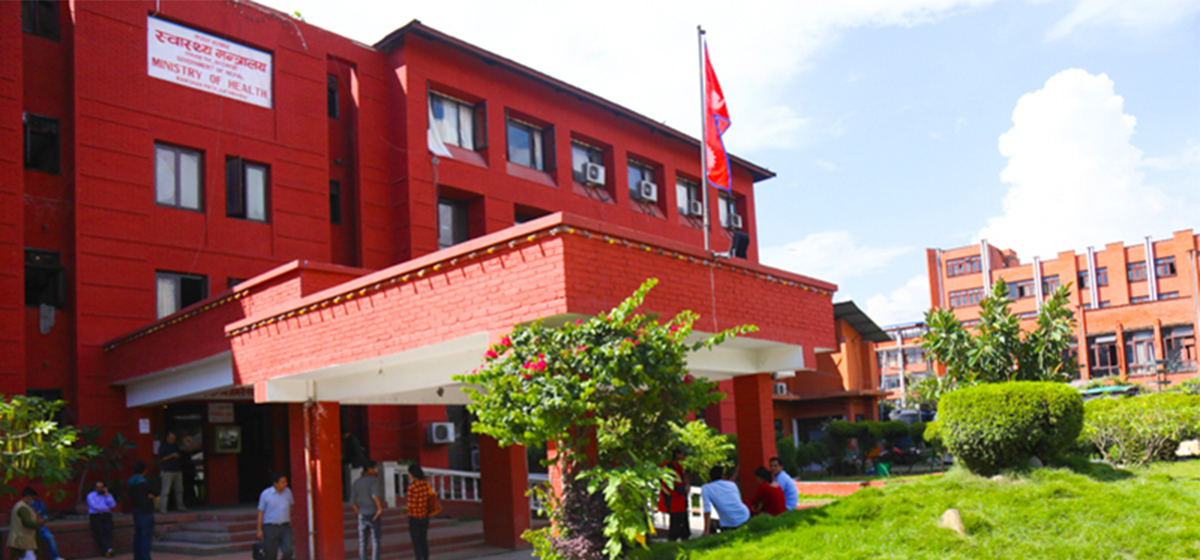

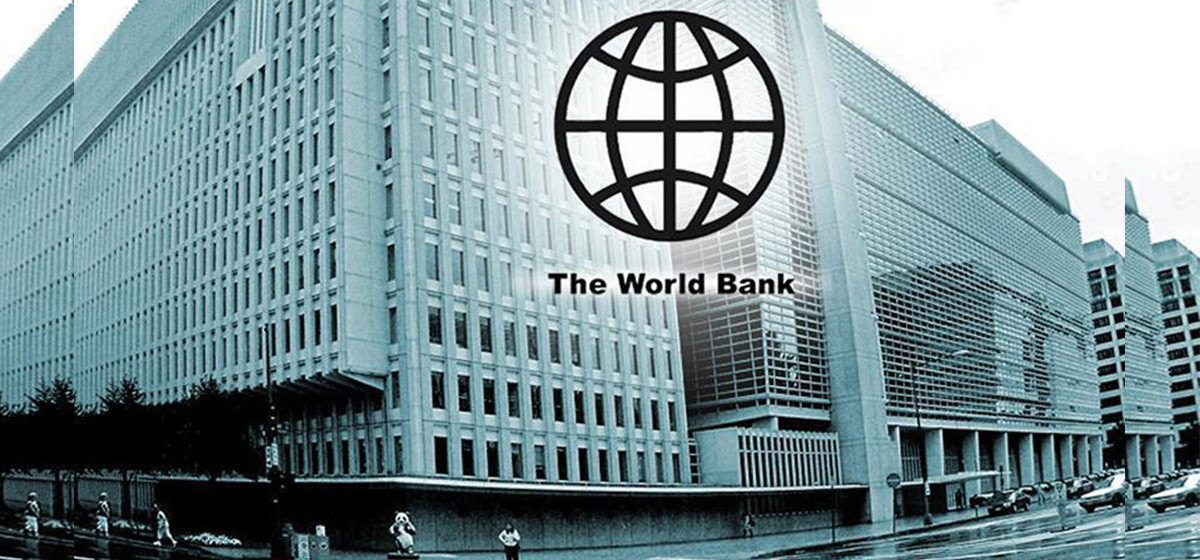



Leave A Comment